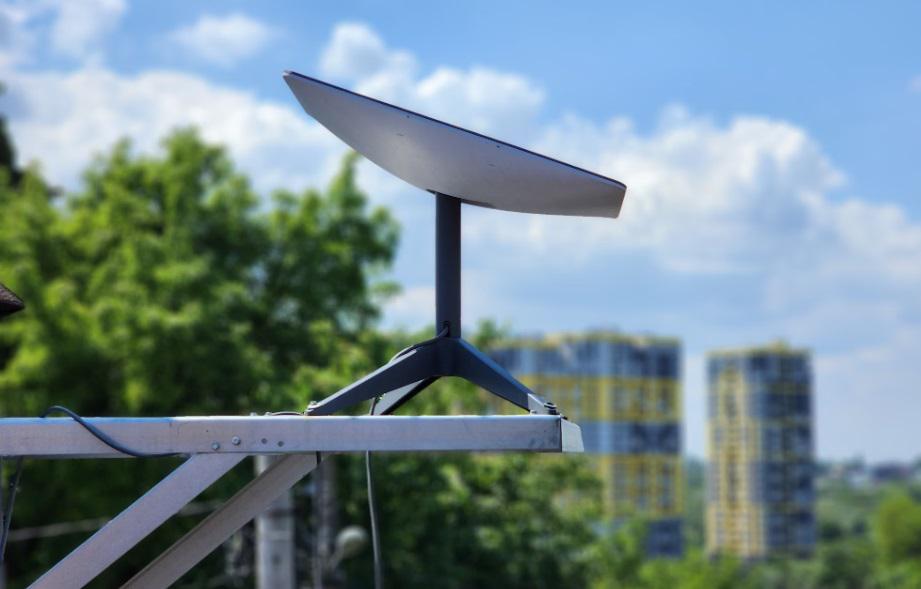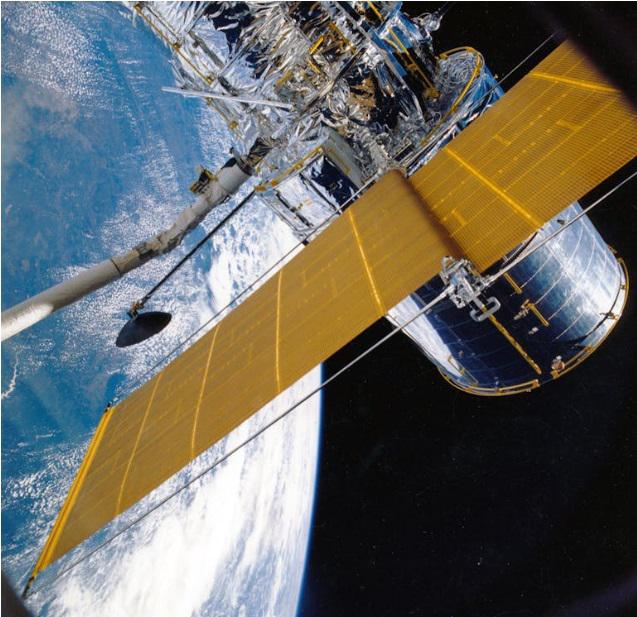New Project ‘Thousand Sails Constellation’ to Compete With Starlink
As SpaceX’s Starlink continues to launch satellites into space, the government-backed company Shanghai Spacecom Satellite Technology has launched its ‘Thousand Sails Constellation’ project. Like Starlink and Amazon’s Project Kuiper, the company aims to set up a mega-constellation of low-earth orbit satellites, to create a global broadband network.

Source: Unsplash
The Race for Satellite Internet
Since 2019, Starlink has launched approximately 6,000+ satellites into orbit, with goals of reaching 42,000 in the next five years. These satellites work by beaming the internet down from above, where it can reach rural areas without needing complex infrastructure. This means they can bring the internet to underserved communities and even campers isolated in the wilderness.
If mainstreamed, this new way of delivering the internet could make it more accessible for everybody. As more industries continue to rely on the internet, access is a concern for businesses and customers alike. This is because many of them provide services that rely on the internet, like streamed movies or playable casino games online. Players can use the internet to access live streams of casino tables and place a Live All Bets Blackjack bet, all while interacting with a real human host managing the game. That’s just in the entertainment sphere – the internet is also crucial for modern work, finance, utilities management, and other societal functions.
Starlink isn’t the only one trying to reinvent and reinforce modern internet infrastructure. They’re ahead in the race, but they do have competition from Amazon’s Project Kuiper – the retail giant’s own attempt at creating a satellite internet mega-constellation. They started launches in 2023, sometimes using SpaceX rocketry to get the job done. More recently, NATO has endorsed satellite internet as a viable alternative to subsea cables, by introducing plans to reroute the internet through them if those cables get damaged. The race for satellite internet is well underway, but now another competitor has revealed themselves.
The Thousand Sails Constellation
The Thousand Sails Constellation is the name of a new project launched by Shanghai Spacecom Satellite Technology (SSST), which is backed by the local government of Shanghai. The company made headlines earlier this year for raising 6.7 billion yuan ($933 million) towards building a constellation of its own around the planet. This is the result – a new, international competitor to initiatives like Starlink and Project Kuiper.
At the start of August, 18 satellites were launched from the Taiyuan Satellite Launch Center in northern China. It’s a small start for the 1,296 satellites they aim to launch in the coming years, and that’s just the first stage of the project. By the end of 2025, about half of the planned constellation will be in the air, if they keep current pace. While the first launch featured just 18 satellites, subsequent launches could see as many as 54 satellites packed into one launch. Current plans are still dwarfed by Starlink’s current fleet, but the frequency of launches matters more in the long term.

Source: Pexels
Like with any satellite internet project, the goal is to create a global internet access service that customers pay to access. However, the city of Shanghai has outlined plans for a 200 billion yuan ($28 billion) space industry by 2025. The Thousand Sails Constellation is just part of a larger push toward developing new communications, navigations, and sensor technology to be used by spacefaring machines.
Time will tell how successful this new initiative will be. Starlink has a significant first-mover advantage in this race and at present, it looks like Project Kuiper and the Thousand Sails Constellation will be competing for second place.


